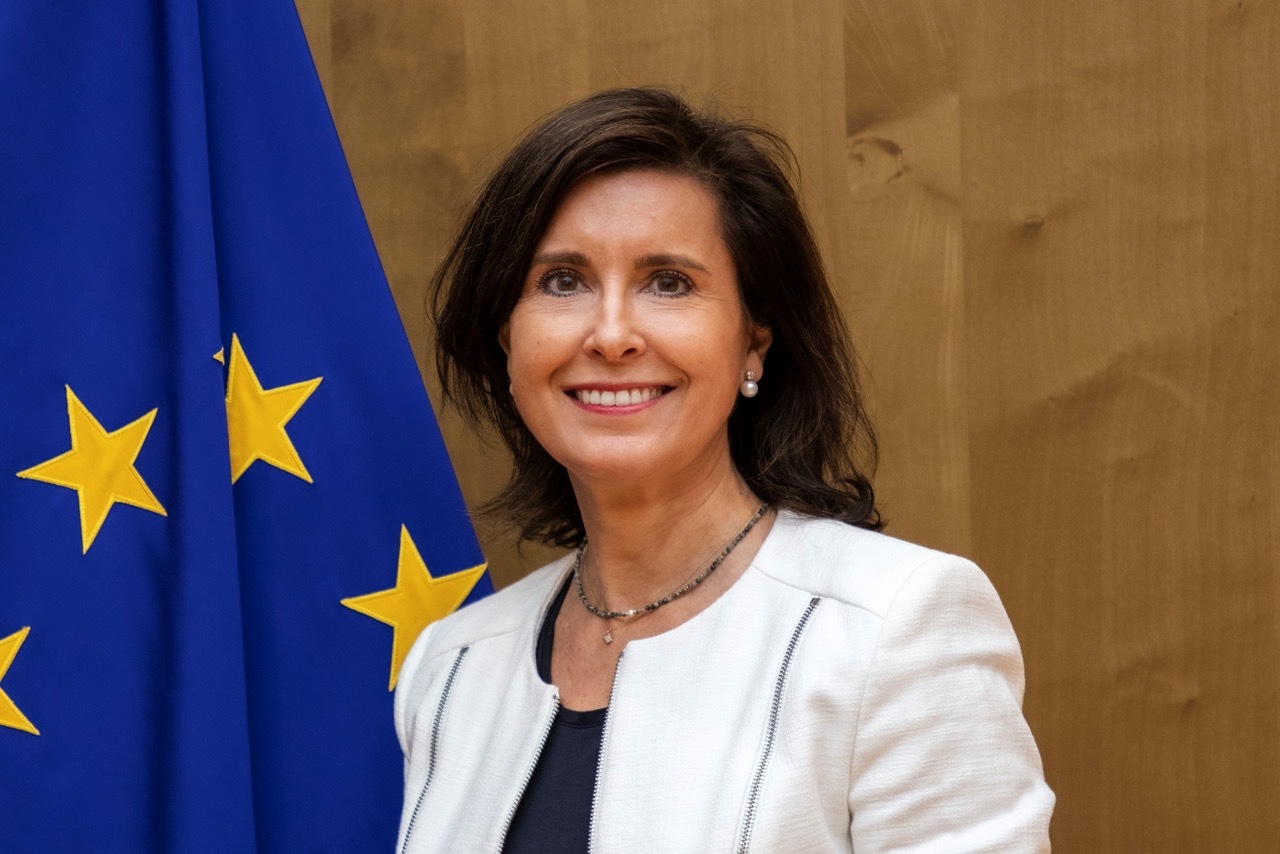As we reflect on the complex tapestry that is Europe, it is easy to get strongly attracted by the grand narrative of a continent striving for unity and peace. The sheer scale of the endeavour can lead us to overlook the intricate threads that weave this narrative together – the individual lives, experiences, and ideas that have shaped the course of European history.
At the same time, it is precisely these personal stories, these microhistories, that hold the key to understanding the evolution of the European project. The pioneering spirits of men and women such as Robert Schuman, Alcide de Gasperi, Simone Weil, Paul-Henri Spaak, or Jean Monnet – visionaries who dared to dream of a united and peaceful Europe – are a testament to the power of individual agency in shaping the destiny of nations.
Through such stories, we gain a nuanced understanding of the motivations, passions, and convictions that drove not only leaders but also other people, to work tirelessly towards a common goal. We see how their unique experiences, forged in the crucible of war and its aftermath, instilled in them a deep commitment to reconciliation and cooperation. We witness how their ideas, often born of personal struggle and perseverance, inspired a new generation of Europeans to strive for a brighter future.
The histories of each of our countries are ‘recorded’ in our National Archives and at the same time, we also share a common European history. The interdependence between our countries, the recognition that we have a common past, has led the National Archives to cooperate. All this reconstruction work is possible thanks to the hundreds of millions of documents in the repositories of our archives. On the one hand we have the National Archives and, on the other, the Historical Archives of the European Union.
National Archives are exactly what their name implies – national organisations and infrastructures, accountable to their national governments, with a remit related to their national administrations to safeguard their legacies. However, archiving is not a European Union competence, and cooperation between archives in Europe is not self-evident. That is the reason why the European Commission established the European Archives Group more than 15 years ago. The Group is first a forum for cooperation, to learn from each other and to exchange best practices. Archives share the same challenges and the solutions to those challenges can be similar or even joint solutions.
Even if archives themselves remain a competence of the Member States, there are other policies at European level that do directly affect archives and archiving. The National Archives have cooperated in the European Archives Group to coordinate positions and strategies and to have their voices heard at European level. Examples include coordinating efforts on national legislation in their respective countries to implement the EU Directive on the re-use of public sector information, the discussions on EU copyright legislation to take account of the interests of archives and the continuing work to create common specifications and services for eArchiving. Although I could name many more, perhaps one of the most remarkable examples of what cooperation between National Archives can achieve, is the introduction of derogations for the processing of personal data for archiving purposes in the public interest in the General Data Protection Regulation. This allows them to fulfill their legal obligation to acquire, preserve, appraise, arrange, describe, communicate, promote, disseminate and provide access to records of enduring value for general public interest.
Going forward, the Strategy of the European archives (2025-2030) offers a strategic orientation on the current challenges in the archives’ domain and establishes their link with the EU strategies and related legal acts. Two large themes underpin the Strategy: Archives supporting democracy and Maintaining citizen’s trust in archives in the Digital Era. They will be analysed through concrete sets of related actions: from the independence of archival institutions and their work, to participating in developing civil society, to artificial intelligence, to a data-driven economy, to electronic identity and signatures and the continuing digital transition of public services, or to records creation for better information and records management.
This volume you have in your hands, "Europe – Forging a Union for Peace", highlights the crucial role that these individuals, and many others like them, played in shaping the European project. Through the insights that the archives offer from their documents, we get to humanize the European story, to reveal the faces and voices behind the bigger picture, and to demonstrate the enduring power of individual initiative in shaping the course of history.
This is a journey through the lives of those who have helped build the European project into the vibrant, diverse, and resilient entity it is today. May their stories inspire us to continue aiming for a more perfect union, built on the principles of peace, solidarity, and cooperation that have guided Europe's journey thus far.



